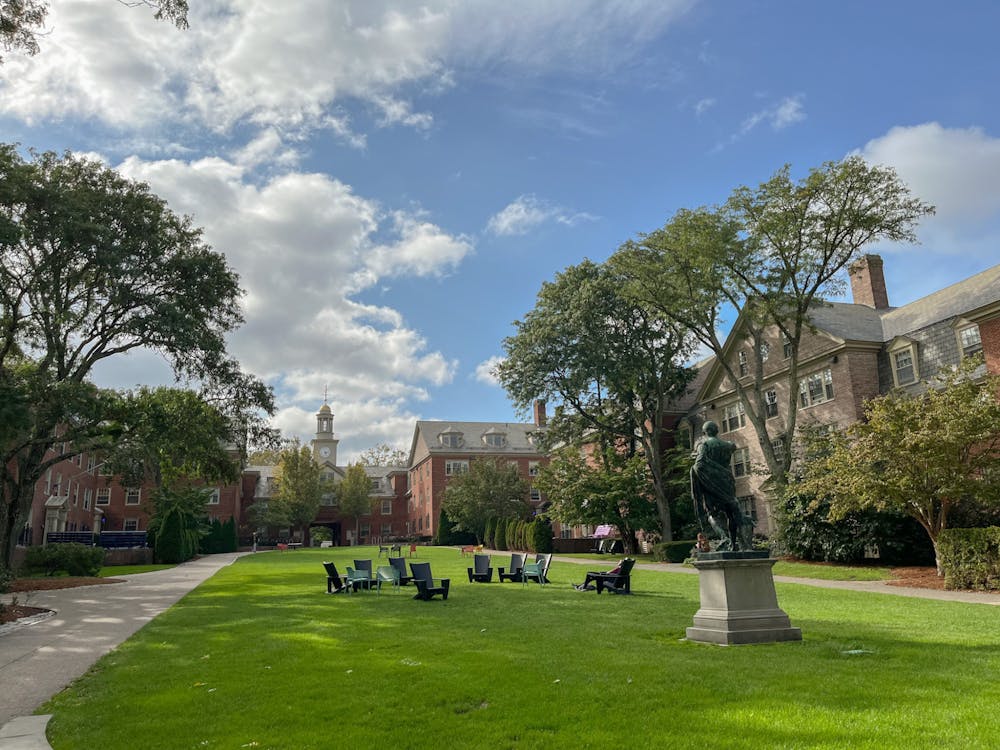The University is one of 17 higher education institutions named in a class-action suit that alleges the schools violated federal antitrust laws by collaborating on financial aid policies when some members did not maintain the need-blind admissions standard required for a legal antitrust exemption, The Herald previously reported.
University of Chicago became the first of the 17 to settle claims in the suit in April.
The lawsuit was initiated in January 2022 against the members of the 568 Presidents Group, a consortium of schools that collaborated on standardizing financial aid practices so long as admission is need-blind, as permitted under Section 568 of the Improving America’s Schools Act of 1994.
On Aug. 15 last year, U.S. District Court Judge Matthew F. Kennelly denied a motion to dismiss the case in its entirety. Kennelly, in agreement with the plaintiffs and the U.S. Department of Justice’s statement of interest, then ordered the suit’s parties to reach an agreement on the timeline of the case by mid-November, 2022, The Herald previously reported..
Since settling this past April, University of Chicago will pay alumni who recieved reduced aid packages as a result of this collaboration from 2003 through 2014, the year the university withdrew from the 568 Presidents Group.
The settlement, which has been given preliminary approval, amounts to $13.5 million and includes provisions stipulating that the University of Chicago will cooperate with the plaintiffs.
Robert Gilbert, the managing partner of Gilbert Litigators & Counselors and one of the lead lawyers for the plaintiffs, said in an interview with The Herald that “this settlement, much like the statement of interest filed by the Department of Justice supporting plaintiffs on key points, underscores once again the strength of plaintiffs’ case and further shines the spotlight on the defendants who have not yet stepped up to do the right thing for their students and alumni.”
Gilbert said he “can’t comment” on whether other universities are engaged in settlement discussions with the plaintiffs.
University Spokesperson Brian Clark wrote in an email to The Herald that the University will “continue to present the facts and our arguments through the judicial process.” Clark encouraged accessing “the case documents for updates.”
Representatives for the University of Chicago did not respond to requests for comment regarding the school’s decision to settle.
University of Chicago Spokesperson Gerald McSwiggan “emphasized that the settlement is not an admission of guilt. Instead, the University hopes to avoid the cost of further litigation,” The Chicago Maroon reported.
“The University of Chicago is committed to removing financial barriers for undergraduate students who are admitted to the College and is proud of the extensive financial aid we offer to students,” reads McSwiggan’s statement.
“The University believes the plaintiffs’ claims are without merit,” the statement continued. “We look forward to putting this matter behind us and continuing to focus our efforts on expanding access to a transformative undergraduate education.”
Jack Tajmajer was a Metro editor at The Herald.





